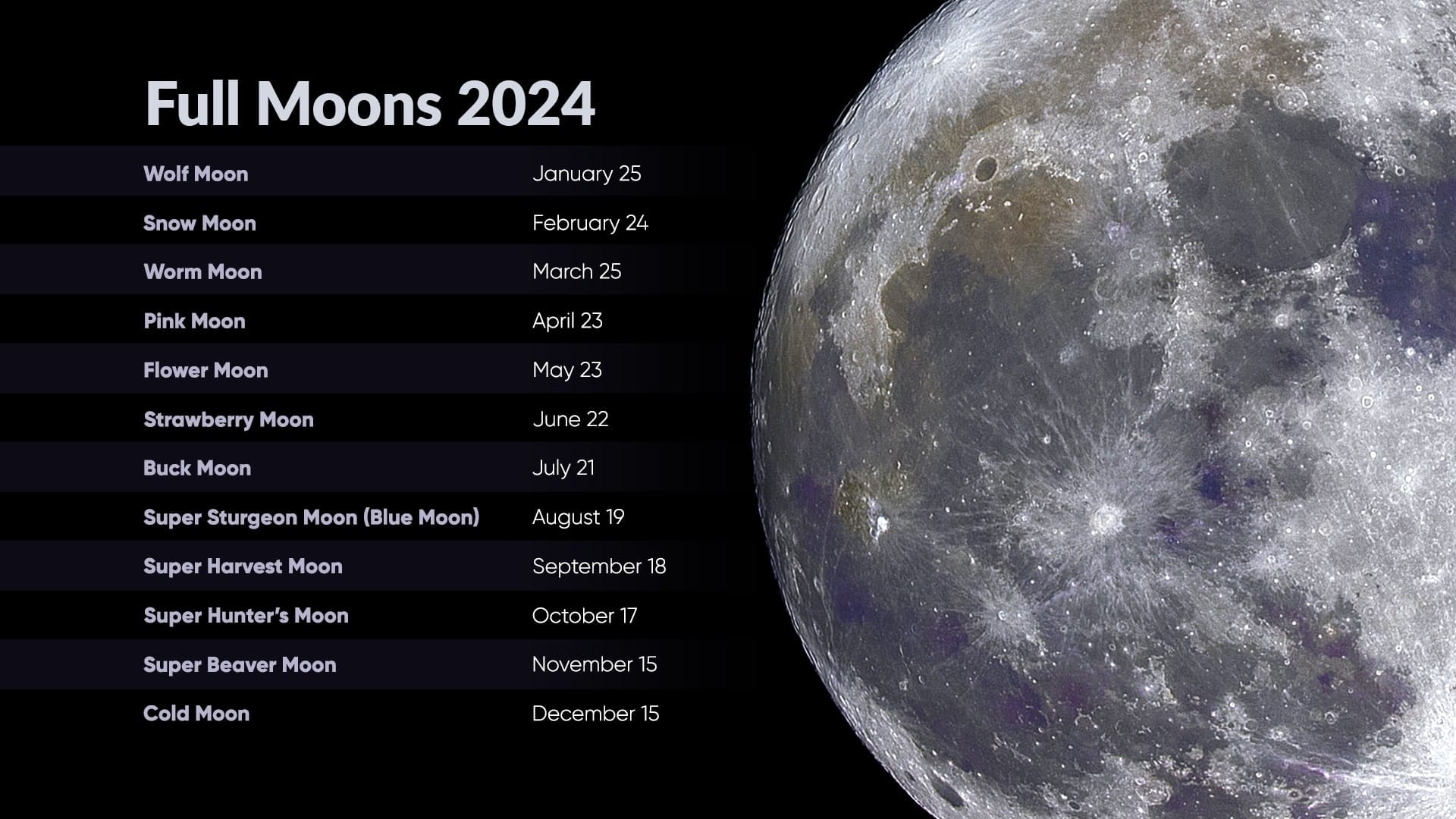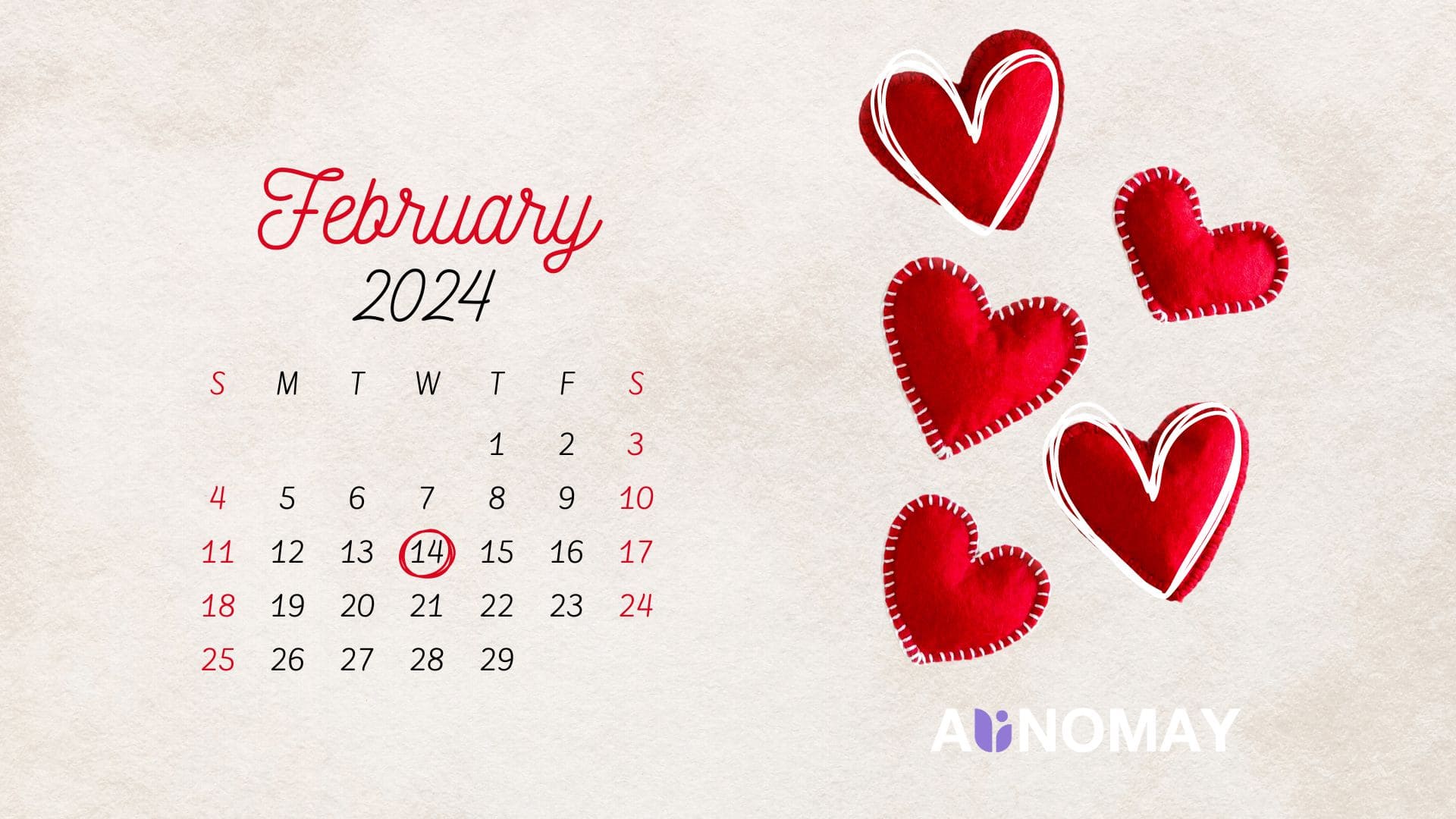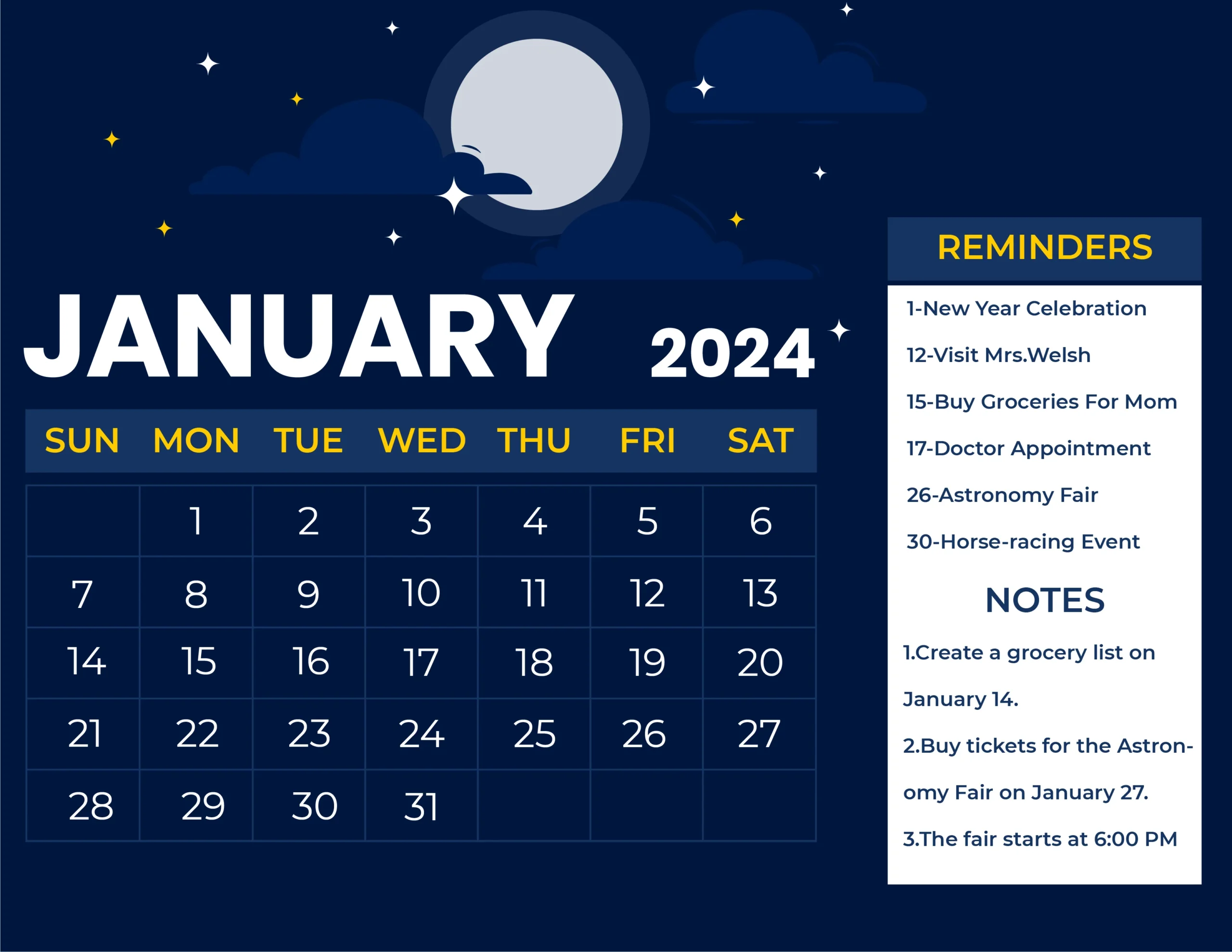New to Astrology? How to Unpack the Basics Of Your Free Birth Chart
Whether you run into them on a dating app or at work, astrology skeptics are everywhere. Their go-to gripe: They’re nothing like their sun sign. Maybe they were born on February 25, under rose-colored glasses-wearing water sign Pisces, yet they’re more of a science-minded, quirky contrarian. Or their birthday is August 1, so they were born under showy fire sign Leo… yet they loathe being in the spotlight. That’s when any astrologer like myself would point out that there are so many more layers to natal astrology, or the study of the sky’s influence on our personalities.
Whether you’re looking for insight on your ultimate career goals, your love life, or why you can’t get enough of dark psychologically thrilling shows like YOU and Unsolved Mysteries, your birth chart can shed some light on what I like to refer to as your “astrological DNA.”
Keep scrolling to find out what the basics can tell you about your personality and your path.
The Natal (or Birth) Chart, Defined
The sun spends a month in each of the 12 zodiac signs, so when you learn your sign, it refers to the sun’s placement on the day you were born. But the actual time of your birth — not just the date — is so much more important than you might initially think. That’s because all the celestial bodies move at different rates through the signs. For instance, the moon moves roughly every two and a half days. Mercury, depending on its retrograde phases, can spend anywhere from 15-60 days in a sign. Plus, it’s possible that you were born on a day in which the sun — or any of the planets — moved from one sign to the next.
But if you know the precise time and location you came into the world, you can create an accurate snapshot of the sky at the time of your birth. (Yep, that’s the reason why those of us in the know ask app matches or potential partners to ask their parents or check their birth certificate.) And from that info, you can cast — generally via software these days, but it can also be done by hand — what’s referred to as a natal or birth chart that illustrates not only what signs the planets and luminaries (the sun and moon) were in when you were born but other info that offers even more insight into your astrological wiring, like houses, degrees, and aspects. (There are a ton of free sites out there where you can plug in your info and receive your birth chart in seconds.)
A quickie guide to those details:
Houses: Just as there are 12 zodiac signs, there are 12 houses in your chart, each representing a different area of life. And when you have that exact birth time, you’re able to determine the house in which planets, luminaries, and other features or points in the sky are located in your chart.
Degrees: This is like the exact address of each planet within each sign, which often comes into play when you’re looking at transits, or how the astrology of the day, week, or month will affect your chart.
Aspects: How the planets interact with one another.
Given that there are 256 births per minute, you can see why your chart is bound to be far more unique than your sun sign alone.
What Your Sun Sign Means
Even though there is so much more to astrology than your sun sign, it’s still a significant piece of the big picture. The sun influences your confidence, self-image, self-esteem, sense of self, and identity. It can also speak to what your path is meant to be in this life.
Depending on the house your sun falls in, you can get a sense of the areas of life in which your personality shines and you have the most opportunity to express your individuality. For instance, if the sun was in the 10th house (which deals with public image and career) when you were born — regardless of the sign — you’ll likely find that you thrive when you’re hitting your long-term work goals and earning recognition and enjoying the limelight thanks to professional achievements.
Layer the sign on, and you’ll get even more intel on your identity and how that plays out with your sun in the 10th house. For instance, if your sun is in Aquarius, you might make your mark in science, tech, humanitarian causes, and/or perhaps you’re known to be innovative, personable, and being able to connect with a diverse range of people.
What Your Moon Sign Means
The moon — which is a wonderful way to illustrate how the sky affects us here on earth, given how it’s gravitational pull influences the tides — offers helpful insight into your emotional being. It’s basically the emotional compass of your chart, shaping your sense of safety and security, values, and intuition. When you express how you feel in your heart of hearts, it’s coming from your moon sign. In a way, your moon sign can actually speak even more to who you are at your core than any other planet or luminary.
Its placement is key, too. If your moon falls in your seventh house of partnership, you likely feel best when you’re relating in one-on-one scenarios. If it’s in the third house of communication, you might work through your emotions in a very mentally-charged way. Then, considering the sign it was in can help you get an even better sense of how you experience and process all the feels.
What Your Rising Sign, or Ascendant, Means
The sign that was ascending on the eastern horizon at the time of your birth is considered your rising or ascendant. It speaks to the image you project out into the world, and it offers insight into your skills, talents, and strategies you might adopt to make your way in life. It’s a building block of the chart you’ll want to look at if you feel like you don’t “present” as your sun sign. Case in point: Say you were born on October 17, so you’ve been told that you’re a harmony- and balance-seeking air sign Libra. But your rising sign is dynamic fire sign Aries, so you often lead with a more gung-ho, competitive, even confrontational energy.
Because it speaks to the external self, your ascendant can also affect your appearance. For example, Scorpio risings tend to have an intense, magnetic, mysterious vibe, have a commanding, possibly even intimidating presence, and enjoy wearing darker colors, while Leo risings might pay special attention to their hair (manes, if you will), come off as effortlessly charismatic, and gravitate to bright, cheerful, golden hues.
It also bears noting that the ascendant always lands in your first house, which is all about your personal brand, if you will — the first impression you give people, the way you take the reins in life, how you first formed your self-image early in life as well as your physical appearance.
What the Other Personal Planets Mean
While the sun, moon, and rising sign are often cast as your “big three” — or the main features of your natal chart, you’ll want to zero in on to get the quickest understanding of your chart, there are three other “personal planets,” which help shape your personality.
Mercury
The messenger planet, which oversees information-gathering, research, and communication, your Mercury placement will color how you express yourself — in all of the ways, be that writing, your body language, DMs, etc. It also affects your curiosity and how you work to uncover answers to your most pressing questions in life.
Venus
The planet of love, romance, money, beauty, and art, your natal Venus speaks to the way you express your desires, your passions, what you value, and how you relate to and experience pleasure. It also influences how you socialize, relate to, and attract others.
Mars
Mars, the go-getter planet, helps shape how you take action, your energy, sexual expression, and courage. Additionally, it impacts how you contend with and display anger and passion.
The Big Picture
While it’s easy — and fun! — to get caught up in the analysis of each moving part of your natal chart, individual features aren’t meant to be analyzed in a vacuum. Instead, you’ll want to understand how they interplay with one another, which can often tell you even more about your strengths, wounds, tendencies, aspirations, etc. Because all of these layers can be so complex, you’ll do best to hit up a professional astrologer for higher-level analysis. By sitting down with a pro, you can get a better grasp on your birth chart as a whole and also learn more about how upcoming planetary shifts might affect you.
In short, exploring your natal chart can be a truly eye-opening experience that’s sure to bolster your self-awareness. It’s not just a road map to your personality but a tool for understanding how you can make the most of all the inevitable opportunities and challenges that lie ahead.











Add comment
You must be logged in to post a comment.